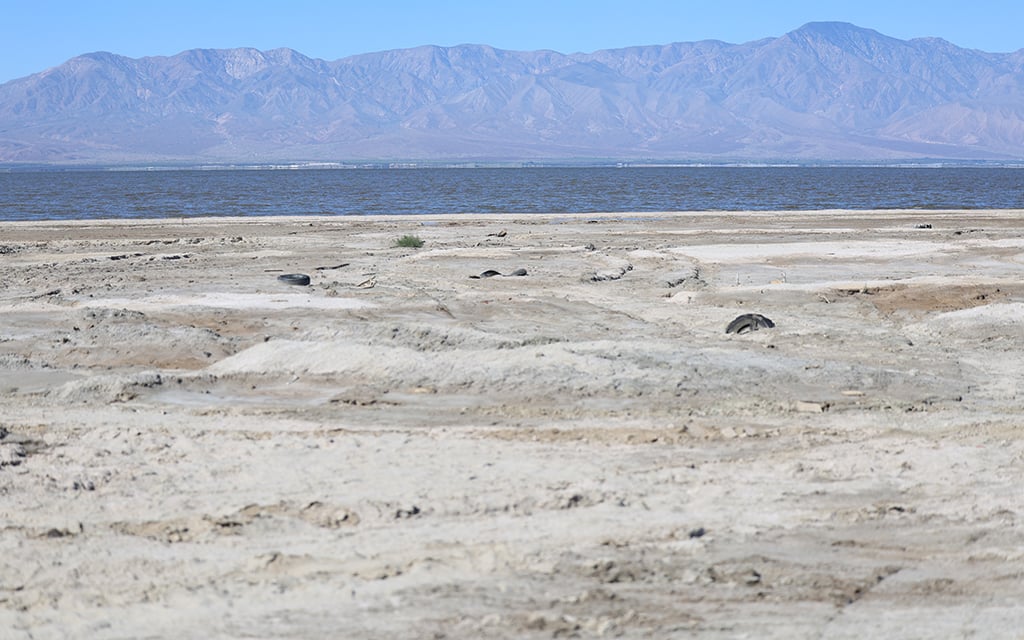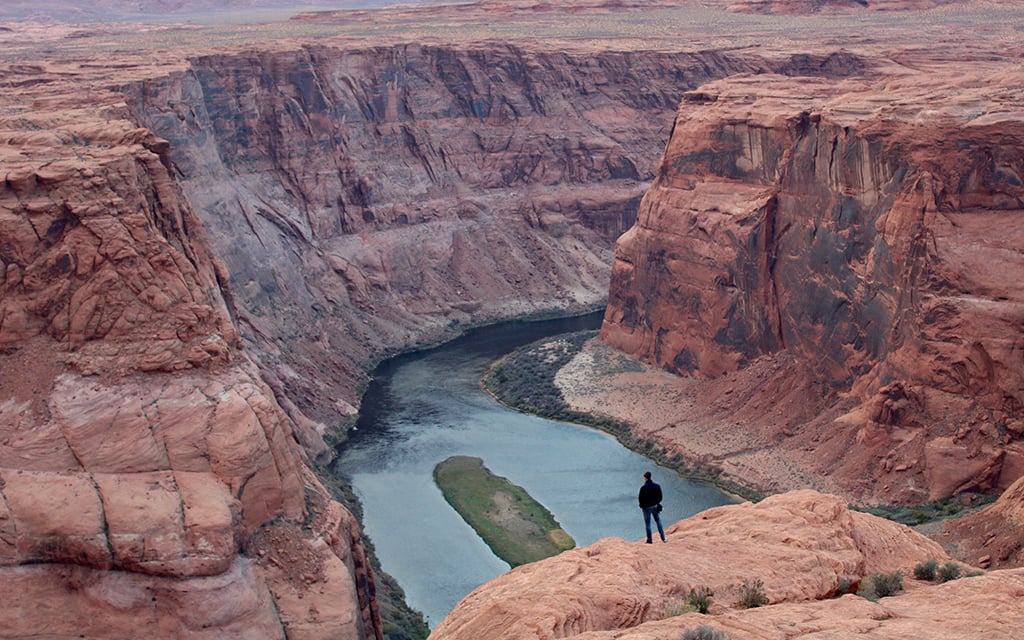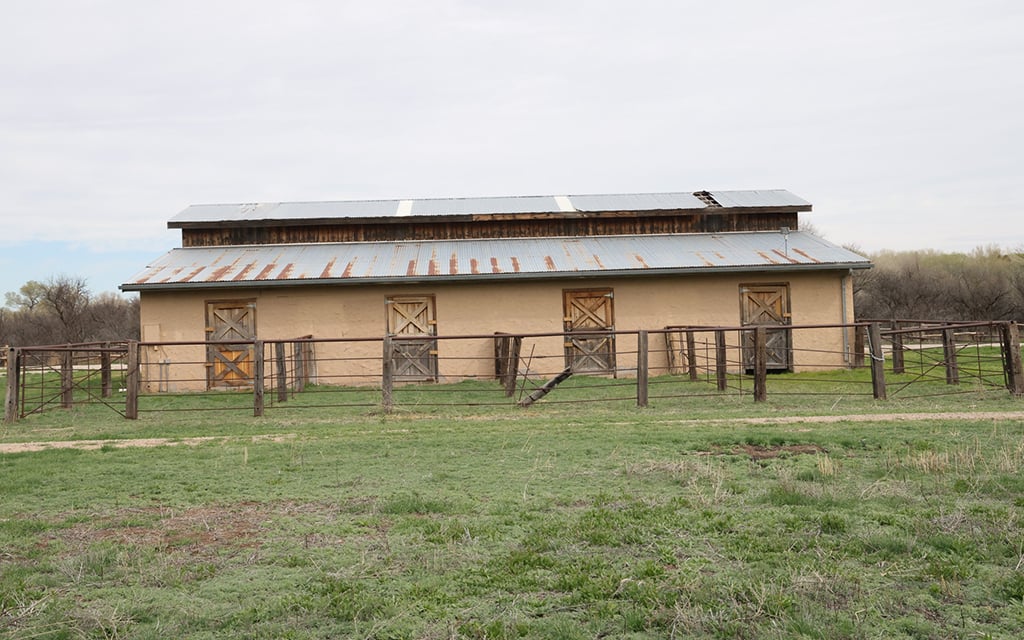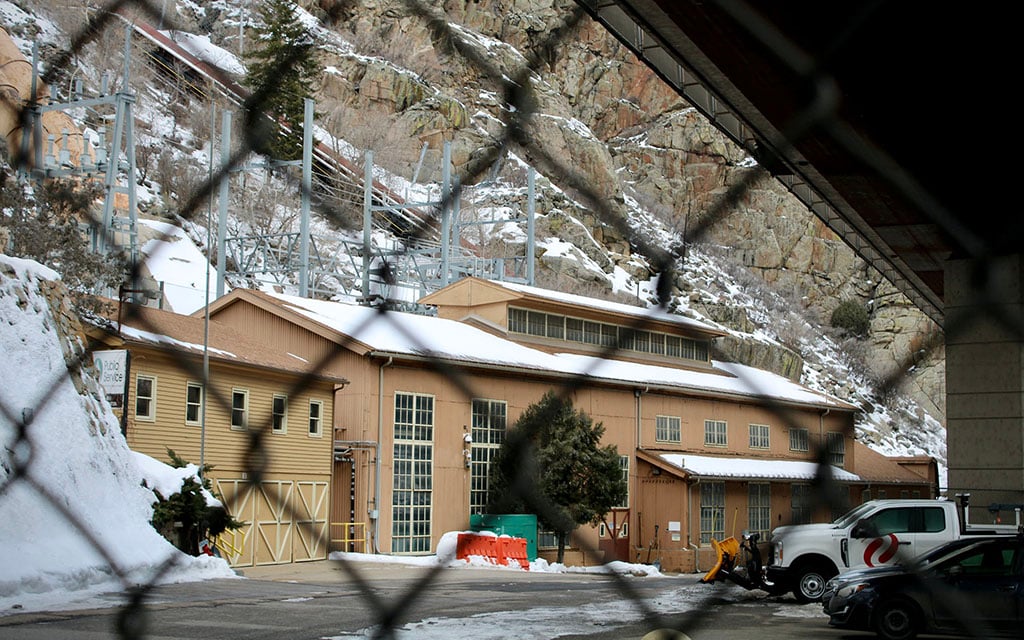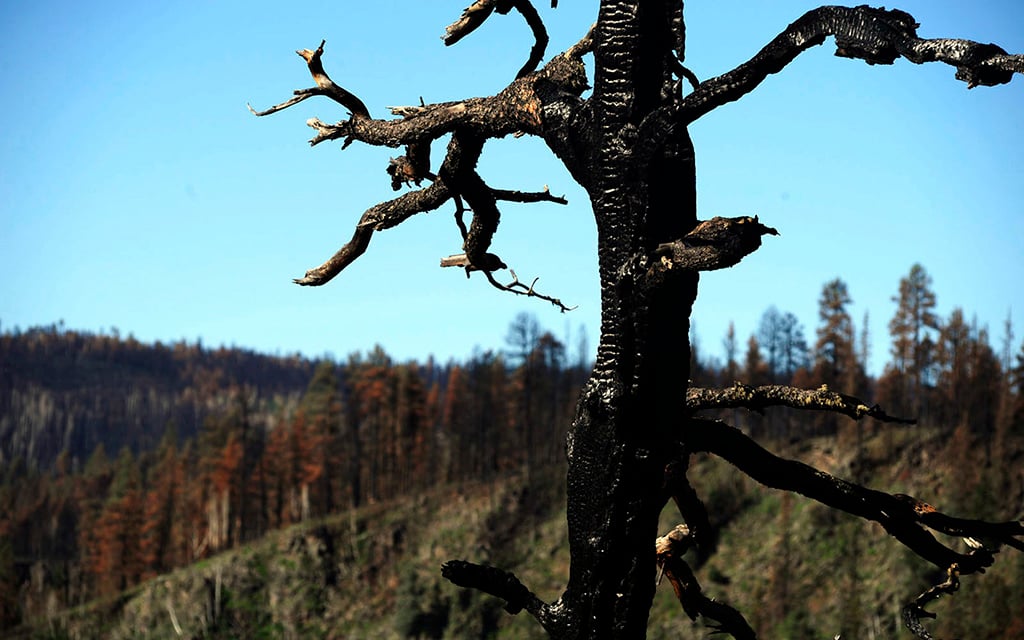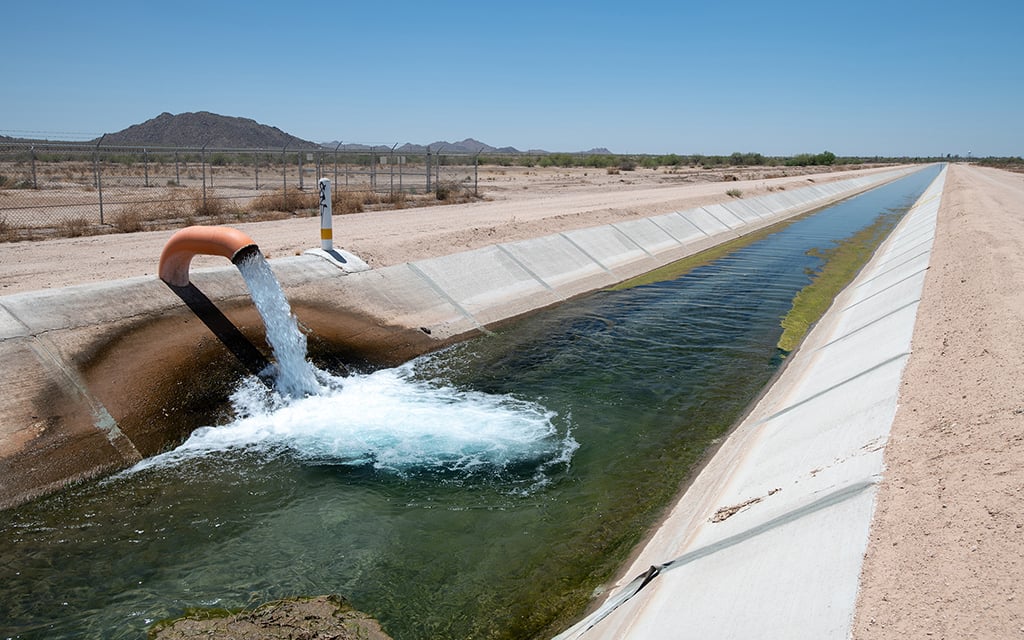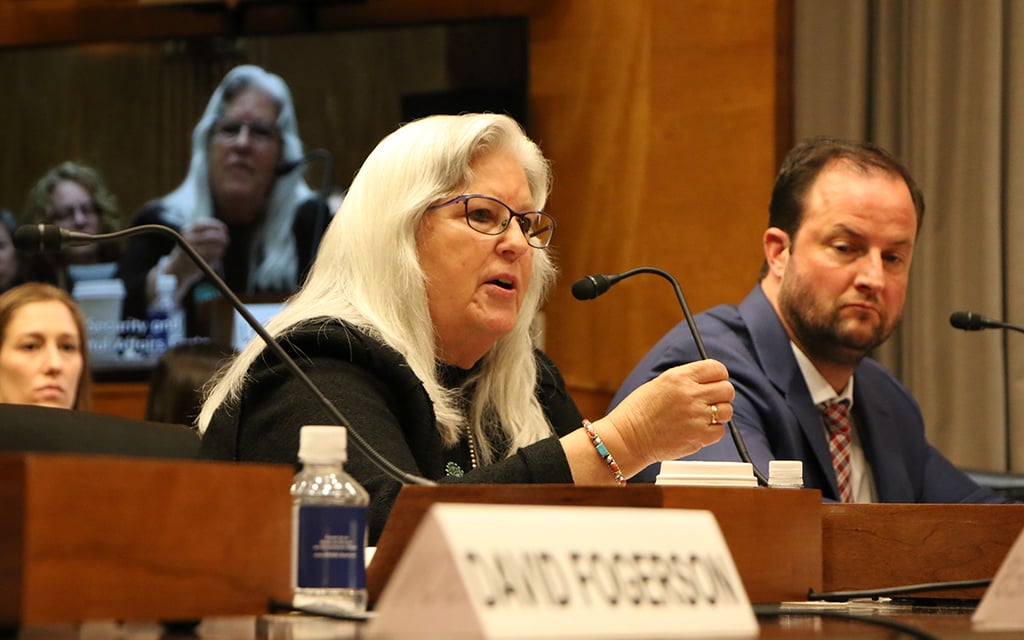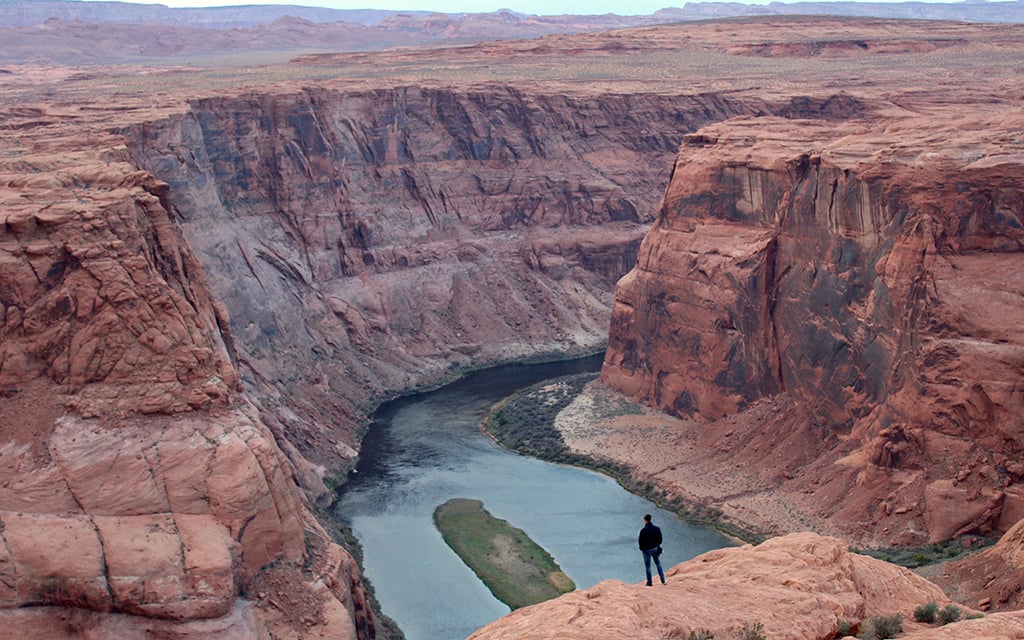Salton Sea immigrant community experiences high rates of asthma from inhaling dust from the drying sea bed
NORTH SHORE, California – Childhood asthma rates are disproportionately high for immigrant families who live and work near the Salton Sea in Southern California. Scientists say the alarming rate of respiratory problems comes from inhaling dust of decayed fish that ingested toxic materials flowing into the sea from nearby agricultural sites.
As Arizona shifts into warmer weather, beware of rattlesnakes, experts say
PHOENIX – Hikers and adventurers should be aware of increased encounters between humans and rattlesnakes as temperatures climb above 80 degrees. The serpents make their presence known in rural areas and even in homes, especially from March to October.
‘Mobility, community and open space’: Culdesac in Tempe aims to provide a healthy alternative to suburban living
TEMPE – Culdesac, a walkable, car-free neighborhood in Tempe, aims to support tenants’ healthier lifestyles by allowing them to have quick access to necessities such as stores, restaurants and public transit.
How city of Phoenix, CAP are addressing water supply issues
PHOENIX – State and local agencies are working toward Arizona water supply solutions, including potentially expanding the Bartlett Dam and adding new infrastructure.
‘Absolute beautiful place’: Rockin’ River Ranch State Park opens in Camp Verde
CAMP VERDE – After several setbacks, Rockin’ River Ranch State Park opened on Feb. 9 in Camp Verde. The native wildlife, hiking trails, fishing and picnic areas of the newest state park have already attracted local and international visitors.
Water and power collide in proposed $100 million Colorado River deal
The Shoshone Generating Station is easy to overlook, but it's key to "one of the most interesting ... water rights on the Colorado River” - a deal to spend nearly $100 million for rights to the water that powers the facility and preserve it for western Colorado users.
Where flower fields historically grew, the next generation of farmers cultivates south Phoenix
PHOENIX – The flower fields once grown by Japanese American farmers along part of Baseline Road have now been replaced by housing and urban development. Despite the drastic changes to the South Mountain area, the unique subclimate at the base of the mountain makes it the perfect place for agriculture and farming.
State officials warn of potentially ‘explosive’ wildfires this summer
PHOENIX - Forestry officials said Arizona is on the verge of a volatile wildfire season, and they urged state residents to be prepared and to take steps now to head off the worst of it.
Gila River Indian Community rejects states’ plan for Colorado, works with feds
The Gila River Indian Community said it does not support a plan backed by three states for managing the Colorado River’s shrinking water supply, and is instead working instead with federal officials to develop its own proposal for water sharing.
Coconino official says improvements needed for federal wildfire assistance
WASHINGTON - A Coconino County official joined other witnesses who told a Senate panel Wednesday that there need to be improvements in the overlapping and sometimes confusing way federal agencies help local governments respond to crises like wildfires.
What Arizona and Maricopa County are doing to manage smoke, air quality
PHOENIX – The Maricopa County Air Quality Department and the Arizona Department of Environmental Quality are working to maintain the health and prosperity of the environment and residents as it relates to air quality through no-burn days and prescribed-burn smoke dispersion.
Colorado River states offer competing proposals for managing water
The seven states that use water from the Colorado River proposed competing plans to the federal government this week on the river's future management, with upper and lower basin states offering their own visions.
